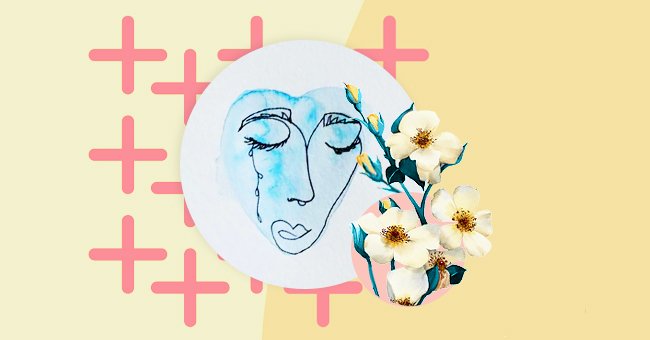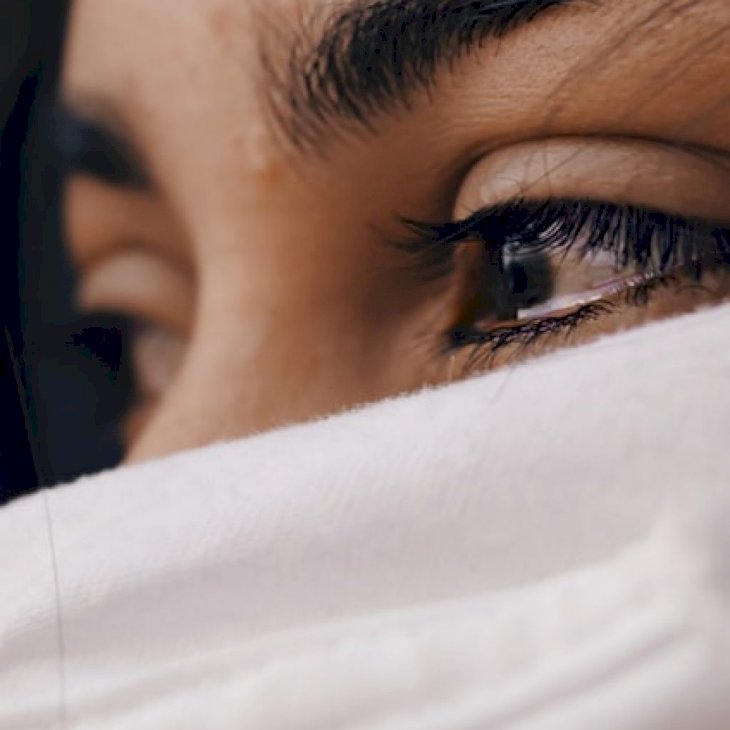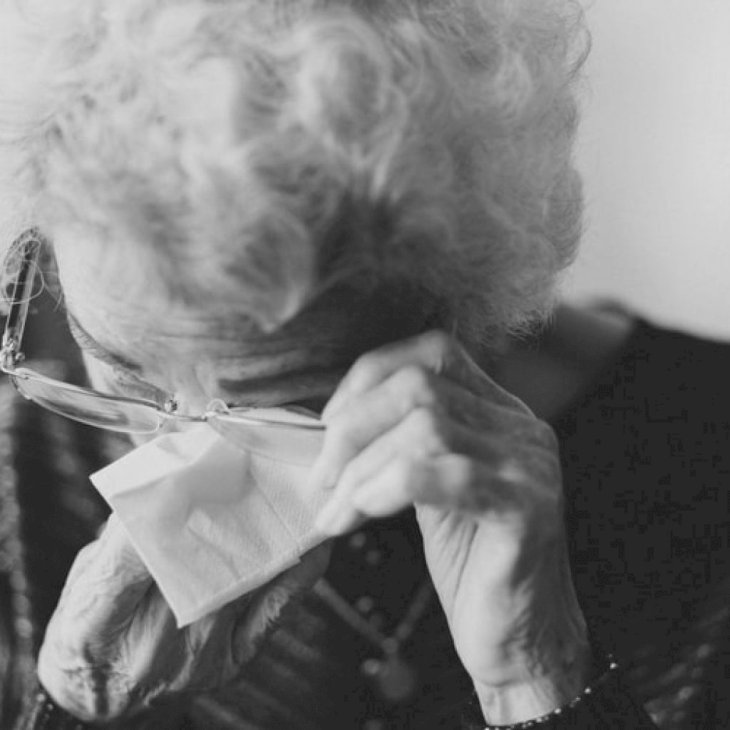
The Power Of Tears: Exploring Why Crying Is Essential For Emotional Healing
When the going gets tough, letting it all out is an excellent way to feel better. For eons, crying has been considered a weakness, but people are finally accepting its therapeutic nature.
How many times are we told not to cry because it's inappropriate? The only kind people are familiar with is excessive crying, sometimes accompanied by thoughts of self-harm. Crying can benefit our mental and physical health greatly.
The negative stigma associated with crying has forced people to hold back their emotions. We cry for various reasons, including sadness, pain, loss, fear, stress, and the like. Let's have a more in-depth look into why crying is imperative for emotional well-being.
Pain & Stress Relief

Photo by Luis Galvez on Unsplash
One of the many advantages of crying includes relief from stress and pain. We let our tears flow when going through hurt, and trauma releases endorphins, like oxytocin, which instantly calm us down.
People typically going through bouts of pain should cry it out when they feel necessary. Bottling things up in such cases can have detrimental effects on our brain and emotional state of being. The numbness right after a good crying session gives a soothing effect.
Mood Enhancing

Photo by Engin Akyurt on Unsplash
When feeling terrible, tears can act as stimulants for mood uplifting. Sometimes people go through mixed feelings, and they can't help their tears. Crying in such cases not only enhances their mood but also cools down the brain.
"A good cry—meaning, one that is not excessive—is extremely cathartic. It leaves us in a calmer and more relaxed state because emotional tears release stress hormones."
says Thrive Global
Crying has also been known to release toxins from the body. These include stress, trauma, anxiety, anger, frustration, or other emotions that are too heavy for us to carry.
Grief Buster

Photo by Jeremy Wong on Unsplash
We can cry due to several reasons, but sadness and grief are the common ones. When we feel gloomy and blue, crying is an effective way to get back to normal.
Some people appreciate their personal space whenever their hearts feel heavy. It can be their body's reflex reaction to bust sorrow and handle their current state of mind.
Garners Support

Photo by Arwan Sutanto on Unsplash
Have you ever felt an urge to help someone out when you see them cry? Usually, when people break down in tears, the best thing to do is to comfort them. We can do so by being empathic and hearing them out.
Some people prefer crying alone, and we should respect that. The majority of the time, we can call and share our feelings with someone. In babies, crying upon birth and later on are signs that they need our care and support.
Emotional Stability

Photo by Nathan Dumlao on Unsplash
There are several ways to express emotions, and crying helps in stabilizing them. You might have noticed that people don't just cry out of sadness but also sheer joy, surprise, and fear.
In simple words, tears help in achieving emotional balance. We all struggle with experiencing complicated emotions. Try crying it out when you feel like it, and give yourself the healing power of tears.